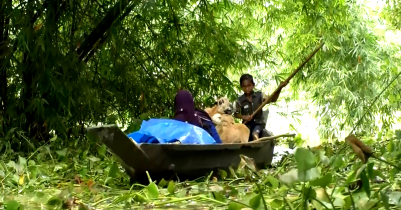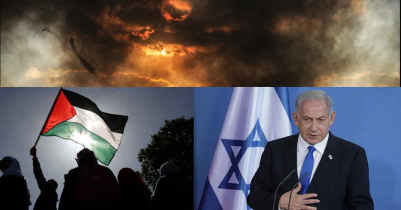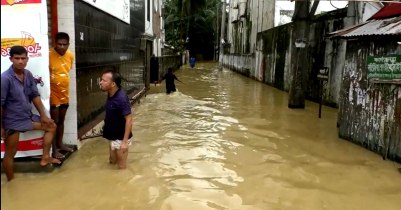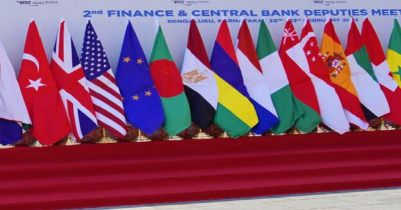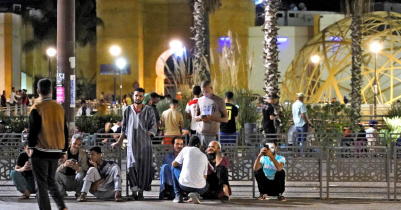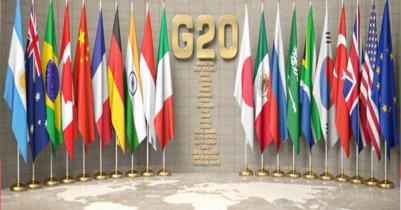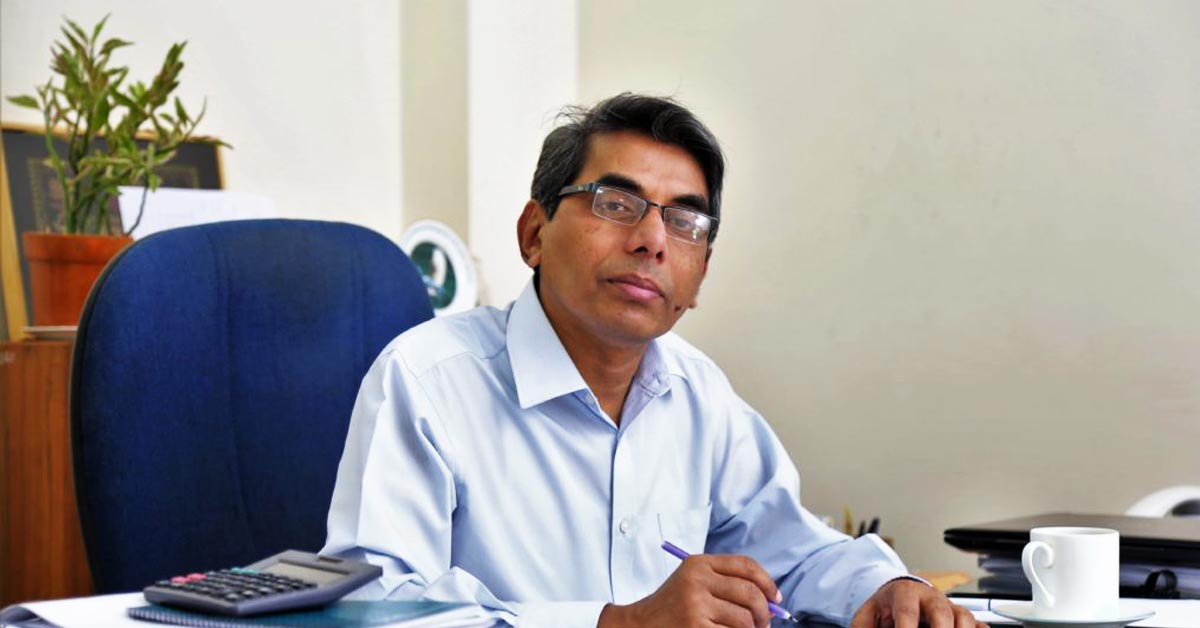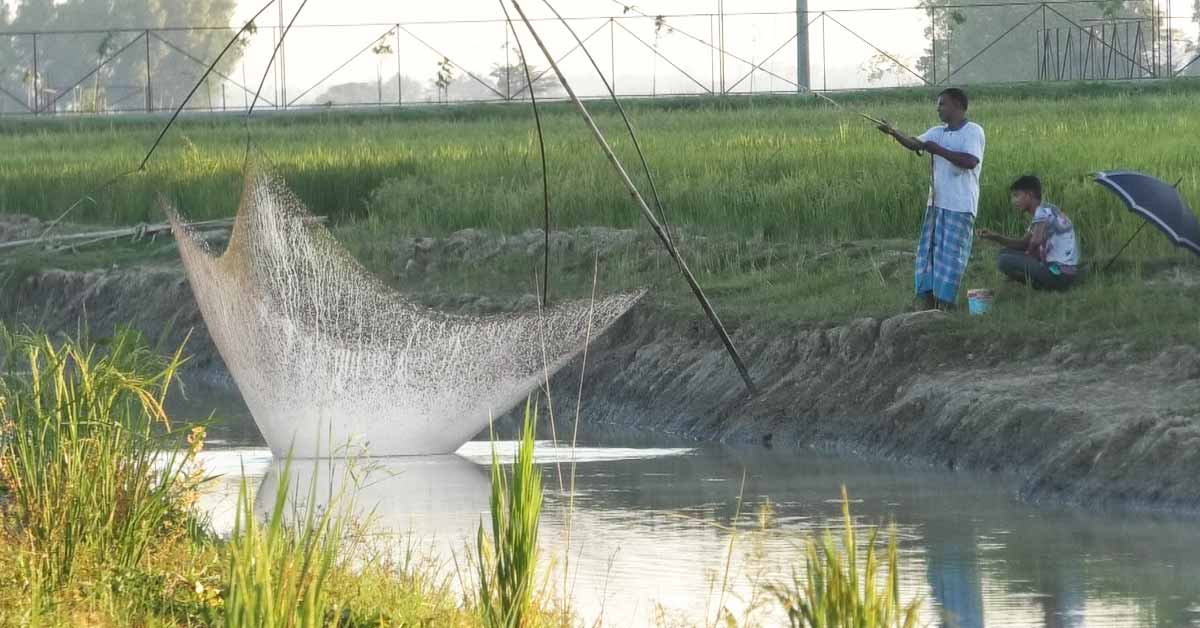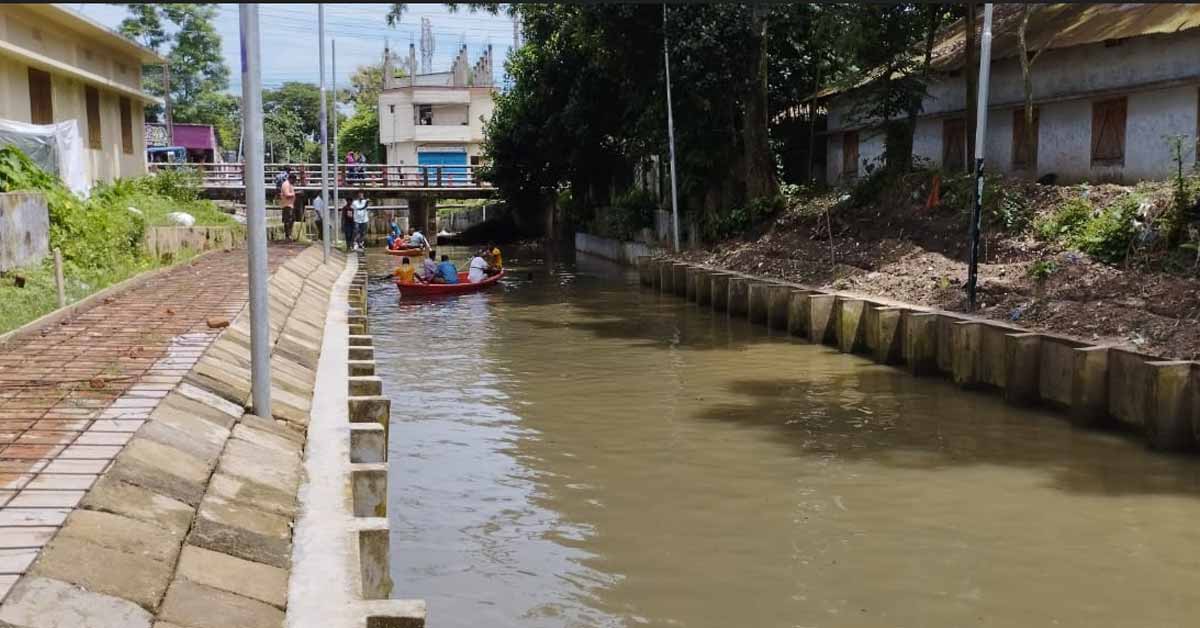Eye News Desk
Imran Khan`s arrest pushes Pakistan deeper into turmoil
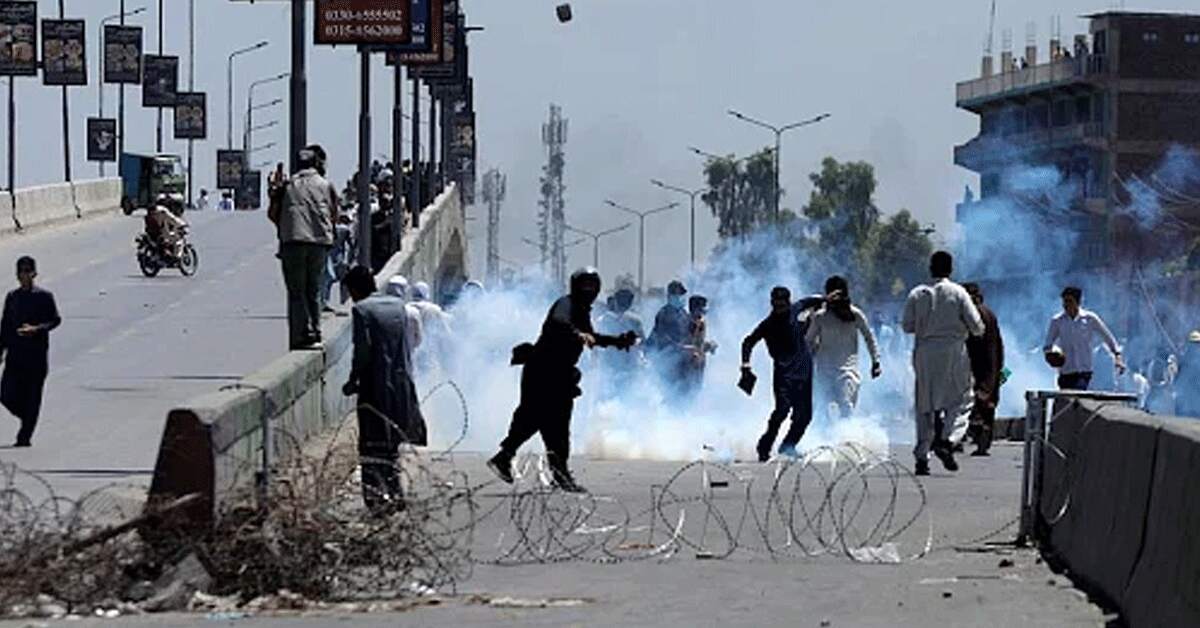
Supporters of former Pakistani Prime Minister Imran Khan have taken to the streets to protest their leader's arrest in a corruption case. Political analysts say the country cannot afford more chaos. Former Pakistani Prime Minister Imran Khan was arrested in Islamabad on Tuesday during a court appearance. According to Interior Minister Rana Sanaullah, Khan was arrested by Pakistan's anti-corruption body, the National Accountability Bureau (NAB), after he did not appear before a tribunal "despite notices."
The NAB had issued arrest warrants for Khan on 1 May, accusing him of "corruption and corrupt practices."
Soon after his arrest, Khan's supporters took to the streets in large numbers, chanting slogans against the Pakistan Democratic Movement coalition government headed by Prime Minister Shehbaz Sharif and the powerful military. Violent clashes between citizens and police continued for a second day across Pakistan. Local media say several people have been killed.
Authorities have imposed a state of emergency in parts of the country to quell the unrest.
The situation was still tense in the country as Khan was brought to an accountability court on Wednesday. The court in Pakistan's capital, Islamabad, remanded him in custody for eight days.
"Imran Khan was arrested without any prior warrant or notice," Asad Umar, a senior official from Khan's Pakistan Tehreek-e-Insaf (PTI) party, told DW on Tuesday. "We are protesting the arrest, which is our constitutional right," he said, adding that PTI workers were not involved in violent protests.
"We will file an appeal in the Supreme Court against Khan's arrest," he added. On Wednesday, Umar himself was detained by the authorities in Islamabad.
Pakistan's multiple crises
Khan was ousted by a vote of no confidence just over a year ago. But this was only the beginning of an embittered battle as Khan hopes to return to the top position. He claims his ouster was illegal and part of a Western conspiracy.
The former premier led a series of protest marches against the government and was even shot in the leg in an apparent assassination attempt in November.
In recent days, Khan has accused a senior intelligence officer, Major-General Faisal Naseer, of being involved in this attempted assassination. The military said these comments were "fabricated" and "unacceptable."
The former prime minister has pushed for a national election to be held even before the regular August deadline.
As Pakistan battles with an acute economic crisis Sharif's government is struggling to obtain a loan from the International Monetary Fund (IMF).
Khan's tussle with the military
Authorities say the country doesn't have the funds to organize polls, but PTI officials claim that government is just afraid of Khan's popularity.
Some analysts are of the view that the 70-year-old former premier was arrested not because of his alleged involvement in corruption but for frequently criticizing the military generals.
"Khan's arrest by paramilitary forces – and the manner of the arrest, with dozens of forces in riot gear – is not about any corruption case against Khan, as was the pretext for the arrest, but should be seen in the context of his recent comments against officials in the military and intelligence services. Those comments seem to have been the military's 'red line,'" Madiha Afzal, a fellow at the Washington-based Brookings Institution, told DW.
The military, which was accused of orchestrating Khan's ascend to power in 2018, has denied all involvement in his arrest.
"Khan's erstwhile benefactors [military generals] are not interested in engaging with him despite the former premier's repeated requests to initiate a dialogue," political analyst Raza Rumi told DW.
Afzal said the military appeared to have had enough of the PTI's "anti-army" campaign. "Khan's popular support has protected him against the [military] establishment over the last year; but now that the establishment has asserted itself, it's hard to see it backing down, and difficult to see how the situation will deescalate. This is a very dangerous development," she underlined.
Need for a dialogue
Analysts DW spoke with agreed that Khan's arrest had further polarized Pakistani society. They predicted that the clash between state institutions would escalate, with judiciary, politics and constitutional crises becoming immersed with the financial breakdown.
In March, the Human Rights Commission of Pakistan (HRCP) — an independent rights group — urged the country's feuding political parties to respect democratic norms.
"Not only politics but society has become deeply divided. We are heading towards an uglier in-fight within and among state institutions... unless political parties sit together and resolve issues through dialogue in larger national interest," Harris Khalique, HRCP secretary-general, told DW.
"All issues must be finally resolved on the floor of the parliament. Those political stakeholders who are not represented in the parliament must be included in these processes by the government of the day through direct talks," Khalique added.
Source : DW
Read More
- Dubai-bound flight catches fire after taking off from Nepal
- Turkey`s homegrown 5th-generation fighter jet named KAAN
- Shihab Chottur reaches Makkah from India in 12 months
- Eid Ul Adha 2023 in Saudi Arabia!
- India gets new parliament building
- Italy will take 82 thousand workers, the is in March
- Two Sylheti killed in Portugal
- New digital ID scheme to be rolled out across UK
- World`s first 3D-printed mosque to be constructed in Dubai
- Imran Khan likely to be in custody for ‘4 to 5 days’





